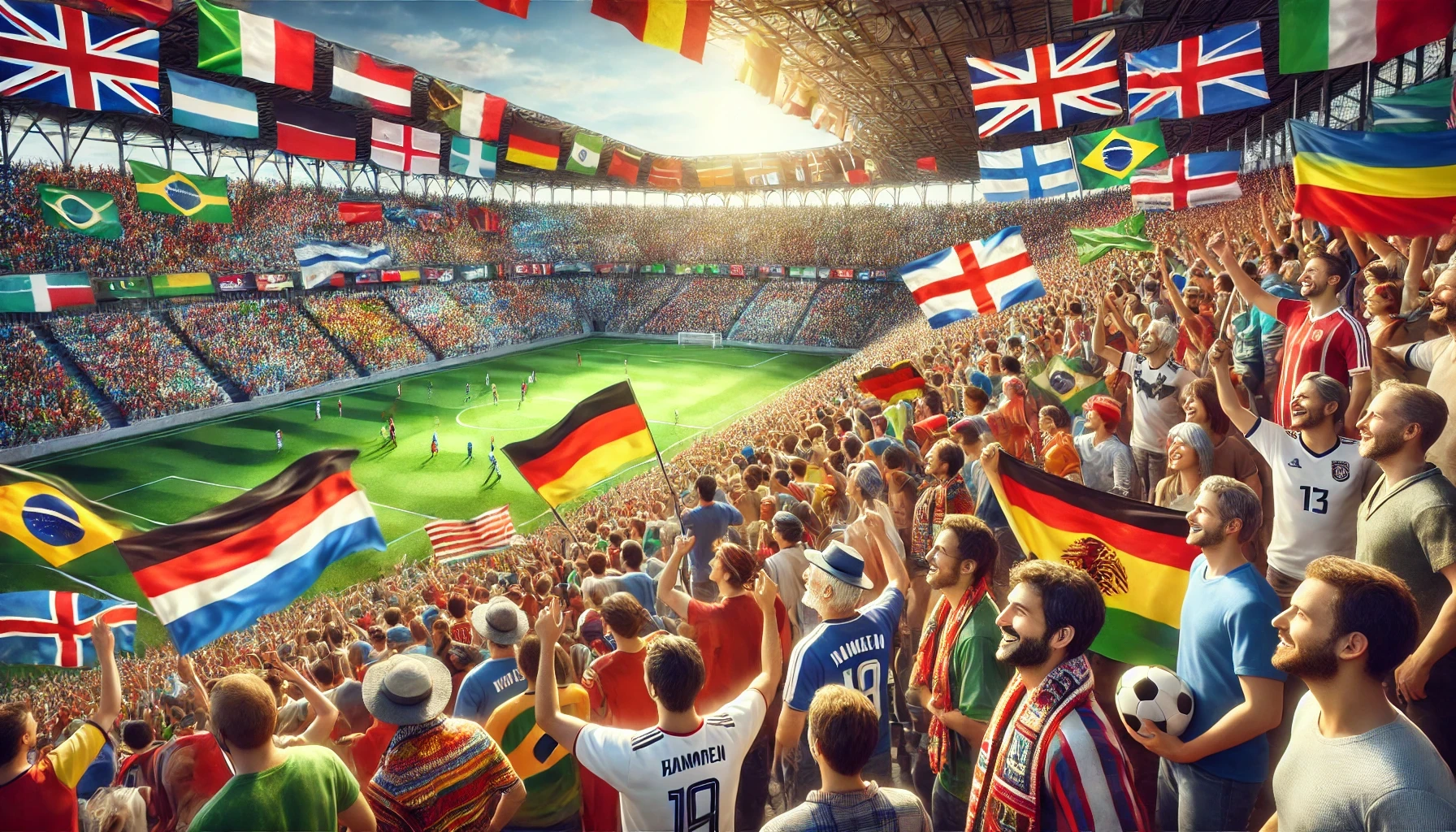The Influence of Sports on Global Culture: Uniting People Worldwide

Sports have long been a universal language that transcends borders, cultures, and ideologies. From the Olympic Games to local community events, sports serve as a bridge, connecting people and fostering a sense of unity. This article delves into how sports impact global culture and bring communities closer together.
The Role of Sports in Cultural Exchange
Sports have played a pivotal role in facilitating cultural exchange between nations. Major international events like the FIFA World Cup and the Olympics not only showcase athletic prowess but also provide a platform for cultural interaction. Athletes, fans, and media from diverse backgrounds converge, sharing traditions, values, and perspectives. This cultural convergence helps individuals appreciate the diversity and uniqueness of other cultures while finding common ground through shared experiences.
Moreover, sports have become a vehicle for promoting national pride and identity. When athletes represent their countries on the global stage, they carry the hopes and dreams of millions. This fosters a sense of belonging among fans, who unite to support their teams despite differences in language or culture. Through these events, sports demonstrate their unparalleled power to foster global unity.
Breaking Stereotypes Through Sports
Sports often challenge and dismantle stereotypes, creating opportunities for underrepresented groups to shine. Athletes from nations with limited resources or minimal international presence have proven time and again that talent and perseverance can defy expectations. For example, stories of athletes from remote or disadvantaged regions rising to global prominence inspire millions and promote inclusivity.
Additionally, mixed-gender teams and events are challenging traditional gender norms, encouraging equality and recognition of talent regardless of gender. These efforts reflect a broader societal shift towards embracing diversity and breaking down long-standing barriers.
Sports as a Tool for Social Integration
On a community level, sports act as a powerful tool for social integration. They provide a common ground for people of varying ethnicities, religions, and socioeconomic statuses to come together. Grassroots programmes, such as youth football initiatives in underserved areas, demonstrate the unifying potential of sports. These programmes not only teach valuable life skills like teamwork and discipline but also foster mutual respect and understanding among participants.
Furthermore, sports have the power to address social issues and promote inclusivity. Initiatives aimed at integrating refugees or marginalised groups into host communities through sports have proven highly effective. These efforts use sports as a medium to build trust and break down prejudices, creating an environment of mutual respect and cooperation.
Building Local and Global Communities
Community sports leagues and international fan bases exemplify how sports unite people. Whether cheering for a local team or bonding over a shared love for an international star, sports create a sense of belonging and identity. Events like neighbourhood tournaments bring communities together, while global fan networks connect individuals across continents.
In addition, fan culture itself has become a phenomenon that transcends geographic boundaries. Fans often form virtual communities on social media, sharing their passion and engaging in discussions, debates, and celebrations. This sense of camaraderie strengthens bonds and highlights the universal appeal of sports.

The Economic and Political Impact of Sports
Beyond cultural aspects, sports significantly influence economies and politics. Hosting major tournaments boosts tourism, generates employment, and drives infrastructure development. These events not only benefit the host nation but also leave a lasting legacy, as seen with venues and facilities that continue to serve communities long after the tournaments end.
Sports diplomacy has also emerged as a critical tool for fostering peaceful relations between nations. Iconic examples such as “Ping Pong Diplomacy” during the Cold War demonstrate how sports can bridge political divides and open channels of communication. These initiatives leverage the universal language of sports to build trust and collaboration in ways traditional diplomacy cannot achieve.
Encouraging Corporate Responsibility Through Sports
Sports also encourage corporations to engage in socially responsible practices. Sponsorships often come with commitments to sustainability, community development, and social impact. For example, many organisations now use their sponsorship platforms to promote environmental awareness, gender equality, and youth empowerment.
Moreover, sports partnerships can amplify important social messages, reaching audiences on a global scale. By aligning their brand values with the positive influence of sports, corporations contribute to a culture of inclusivity and progress, further reinforcing the societal benefits of sports.
In conclusion, sports are more than just games; they are a profound cultural force that unites people across the globe. By bridging divides and fostering mutual respect, sports will continue to shape our shared cultural landscape. Through their ability to inspire, connect, and transform, sports remain an essential pillar of global unity.
